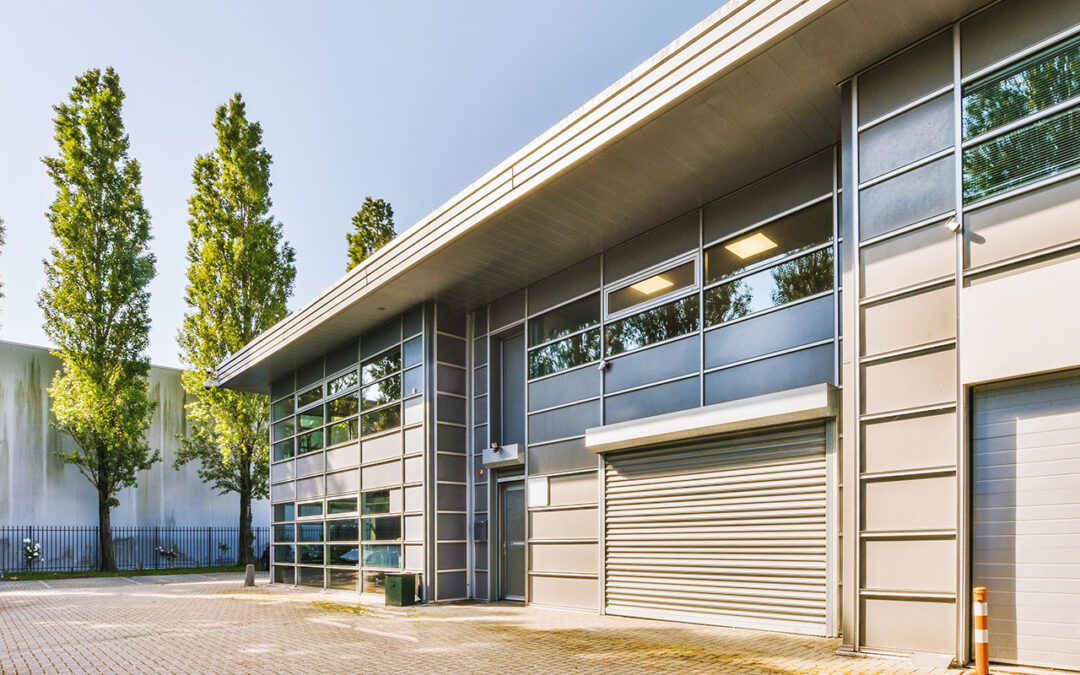Why Water Management Matters in Commercial Properties
 Managing water in big buildings isn’t just about cutting costs. It’s about responsibility. Utilities are getting pricier, and water is becoming scarcer in many regions.
Managing water in big buildings isn’t just about cutting costs. It’s about responsibility. Utilities are getting pricier, and water is becoming scarcer in many regions.
Owners and facilities managers are feeling the heat, from regulators, tenants, and stakeholders to improve sustainability. That’s why water management strategies for large-scale commercial properties are more important than ever.
Key Components of Effective Water Management
- Identify your water sources and track usage
- Look for waste points like stormwater runoff or irrigation overspray
- Review all usage: cooling towers, restrooms, landscaping, and cleaning systems
Conducting a Water Audit
A water audit gives you a clear picture of consumption.
- Detect leaks, inefficiencies, or outdated systems
- Find out how much you actually need
- Build a plan to cut water waste and improve performance
For a deeper dive, see our post on how leak detection systems work.
Implementing Smart Water Monitoring Systems
 Smart systems give you real-time insight.
Smart systems give you real-time insight.
- Track and record water usage across your site
- Set alerts for abnormal spikes or leaks
- Integrate data into your Building Management System (BMS)
This makes leak detection faster and more reliable.
Upgrading Infrastructure and Fixtures
Old plumbing is a hidden cost.
- Use low-flow toilets, taps, and urinals
- Install pressure regulators and timers
- Decide between retrofits or full replacements based on ROI
Rainwater Harvesting and Reuse
Harvesting rainwater is one of the most overlooked water management strategies for large-scale commercial properties.
- Add rooftop collection systems
- Store in filtered tanks
- Reuse for landscaping or non-potable applications like toilet flushing
Explore our article on pool and hot tub water loss to see how this impacts your system design.
Greywater Recycling in Commercial Settings
Greywater includes sink, shower, and laundry runoff, not sewage. It’s reusable.
- Use for toilet flushing and landscape irrigation
- Install filters and storage tanks
- Cuts water bills and reduces demand on municipal supply
Employee and Tenant Engagement
You can have great systems in place but your team makes the biggest difference.
- Run regular awareness campaigns
- Post clear signage in restrooms and kitchens
- Encourage tenants to report leaks through your support channels
Leak Detection and Prevention Strategies
 Leaks cause damage and cost money.
Leaks cause damage and cost money.
- Install IoT sensors to detect pressure drops and flow anomalies
- Schedule quarterly maintenance inspections
- Have a response plan ready to avoid downtime or lawsuits
Landscaping with Water Efficiency in Mind
Your outdoor design plays a big role in overall water use.
- Choose drought-resistant native plants
- Use drip irrigation with soil moisture sensors
- Water during early or late hours to reduce evaporation
Regulatory Compliance and Certification
Staying compliant builds trust.
- Work towards LEED or BREEAM certification
- Track your performance for ESG reporting
- Benchmark against local and national standards
Budgeting and ROI for Water Management Initiatives
Let’s talk numbers. These strategies pay off.
- Water-efficient upgrades pay for themselves within 12–24 months
- Avoiding leaks saves on repair costs and business interruption
- Reduce dependency on municipal supply and lower utility bills
Partnering with Water Management Experts
Expert support streamlines the entire process.
- Get tailored strategies that match your property’s layout
- Commission a full audit from experienced professionals
- Use data-backed reporting to monitor savings and compliance
Find out more at our services page.
Challenges in Managing Water Across Multi-Site Properties
Managing water across multiple locations adds complexity.
- Different setups = different challenges
- Use centralised dashboards for remote tracking
- Standardise practices across your portfolio
The Future of Commercial Water Management
The next decade will transform water management strategies for large-scale commercial properties.
- AI will predict leaks before they happen
- Sensors will control usage in real time
- ESG data will be water-inclusive
Expect buildings to be smarter, leaner, and greener.
Final Thoughts on Water Management for Commercial Properties
Smart water management is smart business. You’re not just reducing waste, you’re protecting your investment, your reputation, and your tenants.
Build a strategy. Stick to it. Monitor the data. The results will speak for themselves.
FAQs
What’s the easiest way to start improving water efficiency?
Start with a water audit. It shows you where you’re losing the most water and gives you a clear starting point.
How much can large buildings save by implementing water strategies?
Anywhere from 20% to 50%, depending on your systems, leaks, and how proactive your team is.
Are there government incentives for water-efficient upgrades?
Yes. Many cities offer rebates for smart meters, rainwater tanks, and greywater systems.
Is it worth investing in greywater systems for all commercial buildings?
If your building uses lots of water for non-drinking purposes, it’s a no-brainer.
Can water management affect property value?
Definitely. Sustainable buildings attract better tenants and often command higher valuations.





